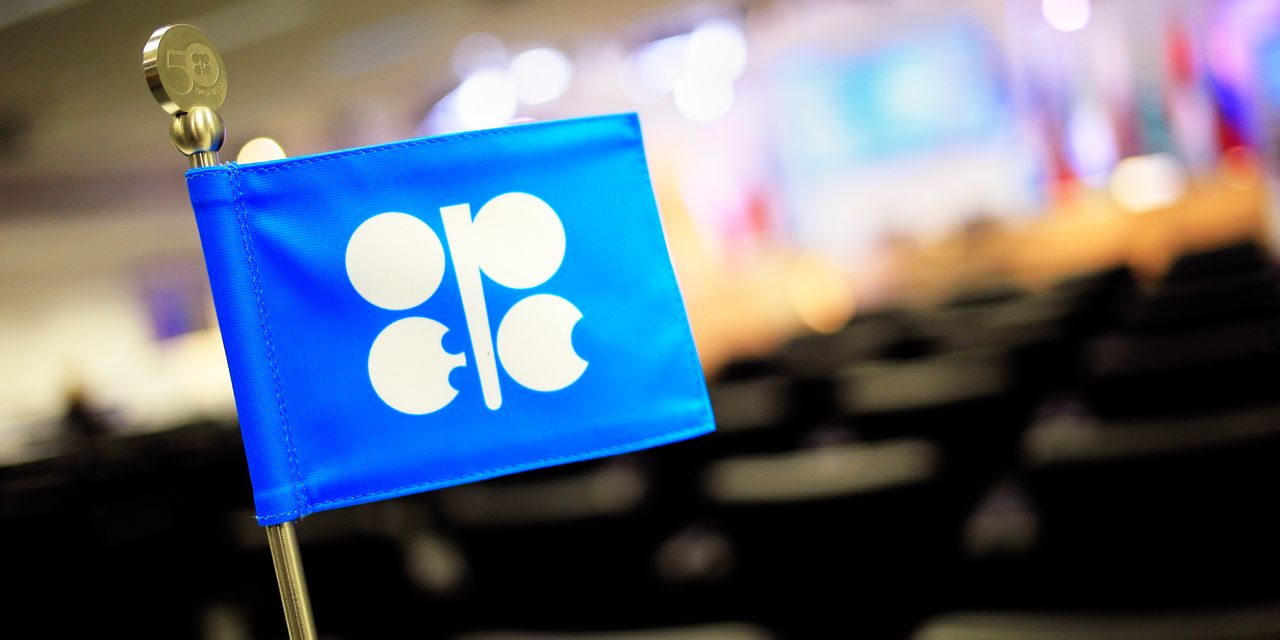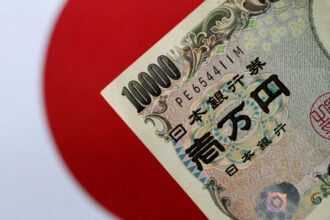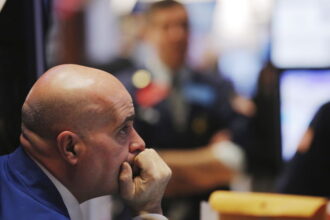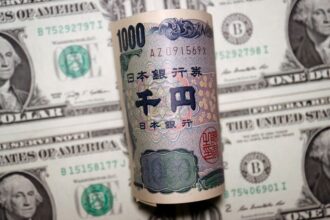Saudi Arabia and other oil producing nations in the Organization of the Petroleum Exporting Countries and its allies announced voluntary production cuts of around 1.1 million barrels a day, a surprise move they said was to support market stability.
The kingdom said it would cut 500,000 barrels a day from its production from May to the end of 2023, with other members of the group including Russia offering their own cuts. Saudi Arabia said the voluntary cut is in addition to the reduction in production agreed at the 33rd OPEC and non-OPEC Ministerial Meeting on Oct. 5, 2022.
The White House pushed back at the move. “We’re focused on prices for American consumers, not barrels, and prices have come down significantly since last year, more than $1.50 per gallon from their peak last summer,” the National Security Council said in a statement. “We will continue to work with all producers and consumers to ensure energy markets support economic growth and lower prices for American consumers.”
The oil cartel has seen prices for Brent crude, the international benchmark, fall 4.9% in March and 7.2% in the first quarter. It ended Friday at $79.77 a barrel, far below the $120 a barrel it reached last year after Russia’s invasion of Ukraine. It was down 24% as of Friday’s close from one year ago.
The average price of regular gasoline was $3.505 a gallon nationally, according to AAA as of Sunday. That is down from $4.20 a gallon this time last year.
Russia’s deputy prime minister, Alexander Novak, said it would extend a March production cut of 500,000 barrels a day through the end of the year, MarketWatch reported. Other counties announcing production cuts include Iraq, Kuwait, United Arab Emirates, Kazakhstan, Algeria, and Oman.
The U.S. and other nations have been battling inflation, with tensions already rising after last fall’s production cuts. The Biden administration has repeatedly called for production to increase, to make sure the price of gasoline at the retail pump stays lower than where it reached last summer.
Helima Croft, head of global commodity strategy at RBC Capital Markets, said in a note on Sunday that the move “can be read as another clear signal that Saudi Arabia and its OPEC partners will seek to short circuit further macro sell-offs and that Jay Powell is not the only central banker that matters,” referring to the Federal Reserve chairman.
From the kingdom’s perspective, Croft added, “the United States is now seen as just one of several partners, and that the bilateral relationship with China is rising in importance.”
Write to Liz Moyer at [email protected]
Read the full article here










